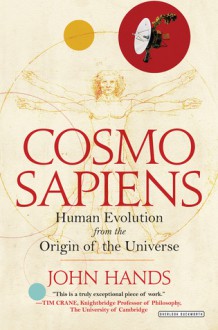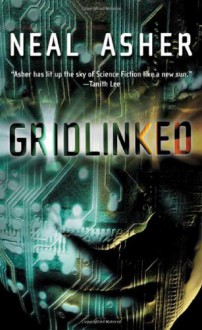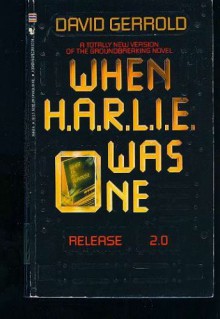
Thanks to NetGalley and to the publishers (Weidenfeld & Nicolson) for providing me an ARC copy of this book that I freely chose to review.
When I saw this book on offer, I could not resist. I studied Medicine and have been fascinated by Biology and the Natural Sciences for ages. I have also thought and often commented on our (mostly mine, but yes, most of the issues are general, not exclusive to me) flawed design, no matter how superior we feel to the rest of the species that share the planet with us. In a later chapter of the book, the author sums it up observing that if we participated in an Olympic Games-style contest that included all of the Earth’s species, we would not win at anything, apart from perhaps decathlon (or chess if it was included), as we are generalists. We might not be able to compete with the physical prowess shown by many other species (we are not the fastest, the strongest, the best hunters, the ones who jump higher or who can run for longer), but we can do many things to a reasonable level. And yes, we are pretty intelligent (however we choose to use our minds).
There is enough material to fill several books under the general title of this book, and Lents chooses pretty interesting ones (although I guess some will appeal to some readers more than others). He talks about pointless bones and anatomical errors, our diet (here he talks about our tendency to obesity and our need to eat a varied diet due to the fact that our bodies have lost the ability to synthesise a number of vitamins, amino acids… while other species do),junk in the genome (issues to do with our DNA), homo sterilis (we are not very good at reproducing as a species), why God invented doctors (about our immune system and autoimmune diseases, cancer…), a species of suckers (about cognitive biases. The title of the chapter refers to P.T. Barnum’s edict ‘a sucker born every minute’ although as the author notes, this is an underestimate), and he discusses the possible future of humanity in the epilogue. There is a fair amount of information contained in this book, and that includes some useful illustrations, and notes at the end (I read an ARC copy, but it is possible that the final version contains even more documentation and resources). It is an educational read that I thoroughly enjoyed. I listened to the book thanks to the text-to-speech facility, and it suits it well, as it has a very conversational tone and manages to impart lots of information without being overbearing or obscure. I read some reviews suggesting that it was so packed with facts that it was better to read it in small bites. Personally, I read it in a few days and never got bored of it, but it might depend on the reader’s interest in the subject.
I was familiar with some of the content but I appreciated the author’s take and the way he organised the materials. Although I enjoyed the whole book, I was particularly interested in the chapters on genetics (the DNA analysis and the identification of specific genes have moved on remarkably since I completed my degree) and on cognitive biases. As a doctor, I also agreed with his comments about autoimmune diseases, the difficulties in their diagnosis, and how these illnesses can sometimes be confused with psychiatric illnesses (being a psychiatrist, I know only too well this can happen). Of course, as is to be expected from the topic, the book reflects on the development of the species and discusses natural selection and evolution, and I was fascinated by the reviews of people who took his arguments as personal attacks on their beliefs. I agree that some of his interpretations and his hypothesis of the reasons for some of these flaws can be debatable, but that does not apply to the facts, and I did not feel the book is intended as a provocation but as a source of information, and entertainment. As the writer notes, we remember better (and believe in) anecdotes and stories than we do dry data. (I am not an expert on the subject but was fascinated by the comments on his blog.)
I found the book fascinating, and as a writer, I thought it was full of information useful to people thinking of writing in a variety of genres, from science-fiction (thoughts about how other species might evolve crossed my mind as I read it), historical fiction (if we go back many years), and any books with a focus on human beings and science. I would recommend checking a sample of the book to see if the writer’s style suits the reader. I highlighted many lines (and was surprised when I learned that female Bluefin tunas don’t reach sexual maturity until they are twenty years old and was pleased to learn about the important roll old female orcas play in their society) but I particularly like this one:
Scurvy is a dystopian novel written by the human body.
A great read for those who prefer non-fiction and fact-packed books, perfect for people with little time, as it can be picked up and savoured in bite-size instalments, and a book that might pique our interest in and lead to further research on some of the topics. Experts are unlikely to find new information here, but other readers will come out enlightened and with plenty to think about. I strongly recommend it.

 Log in with Facebook
Log in with Facebook 


















